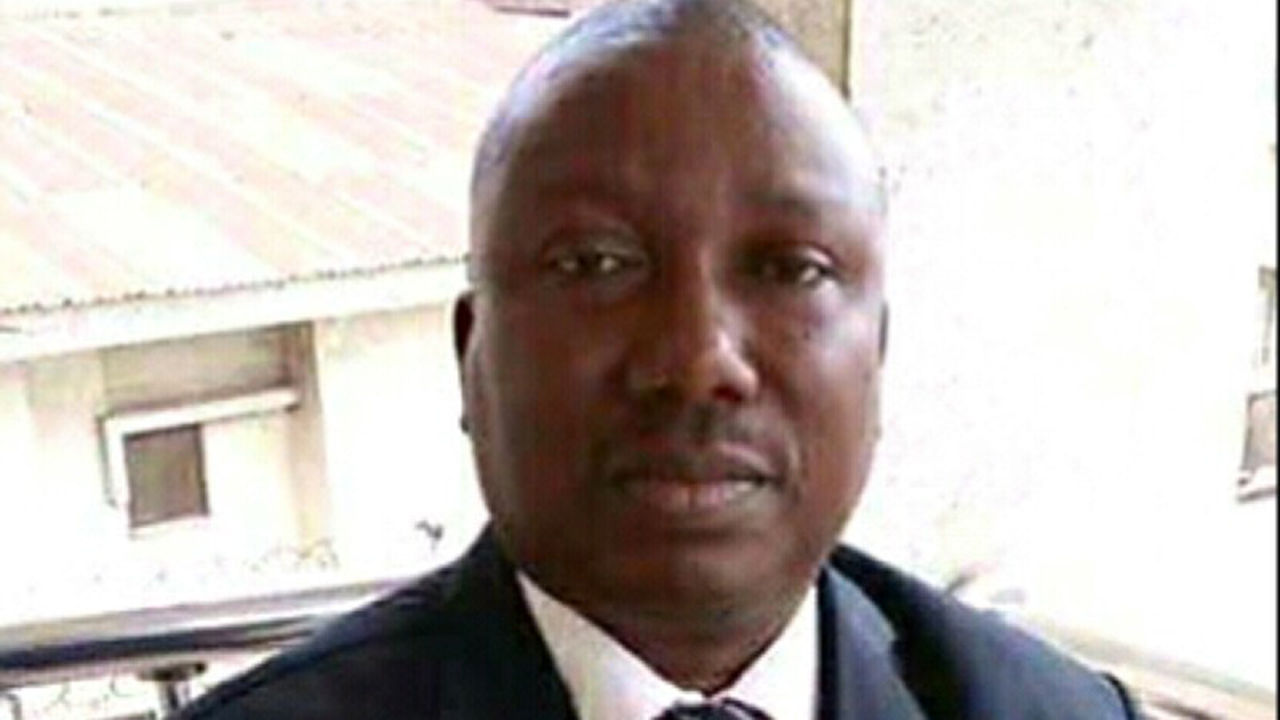
• Education Dying, Needs Urgent Intervention, Says Arogbofa
• It Has Multi-faceted Challenges – Shekarau
The Federal Government has been urged to prioritise innovation, inclusion, and collaboration as key pillars of the country’s education policy and strategy.
This was part of the submission of stakeholders at the African International Education Conference, organised by the Lagos Chamber of Commerce and Industry (LCCI), in Lagos, with the theme: Innovation, Inclusion, And Collaboration For Sustainable Education.
They suggested that if the principles are followed, the country can create a more vibrant, responsive, and sustainable education system that equips the students with the knowledge, skills, and values needed to succeed in a rapidly changing world.
The guest speaker, Dr Olumide Adekola, who is the Senior Education Specialist, World Bank Country Office, emphasised the need for digital literacy and skills for the teachers so that those just getting into the system will have a good sense of it.
“Let us equip all our teachers and children that are already in the system and those just coming in with digital literacy and skills.”
The Chairperson, Education Group, LCCI, Mrs. Mavi Isibor, said inclusive education is the most effective way to give all children a fair chance to go to school, learn and develop the skills they need to thrive.
She noted that collaboration among key stakeholders, including government agencies, educational institutions, civil society organisations, and the private sector, is crucial to driving positive change in the education sector.
The Commissioner for Tertiary Education, Lagos State, Mr. Tolani Sule, said the state is partnering some IT companies to train students. The Director of Programmes, British Council Nigeria, Mr. Chikodi Onyemerela, represented by Mr. Daniel Emenalo, said: “We leverage and understand that collaboration is very key in improving the quality of education and we know that when there is good collaboration, there will be quality in both basic and tertiary education.
Meanwhile, former General Secretary of the Pan-Yoruba socio-political organisation, Afenifere, and a foremost educationist, Sehinde Arogbafa, has expressed concern over the alarming decline in quality in the education sector, particularly the poor culture of reading and writing.
Arogbafa, who stressed the urgent need for stakeholders to intervene and prevent the complete collapse of the system, emphasised the critical role that education plays in national development and the future of the youth and the country as a whole.
The octogenarian disclosed this at the weekend at the Federal University of Technology, Akure (FUTA) while launching his book, titled, ‘The Psychology of Growing Old: A Personal Experience for both Young and Old.’
According to the author, stakeholders at all levels, including government officials, educators, parents, and the private sector, must come together and work towards revitalising the education sector.
He said: “The book industry is dying. There are no longer many functional libraries. I discovered that only two of the renowned publishing houses still have my books: University Press and Longman. All the others, where are they?
“Education is dying. I know we have modern technology, but we can’t begin all this without writing, without producing the books, and we are not producing. Where do we go?
“This is a challenge for us in education. And of course, without books, we can’t move ahead.
“We want to appeal to the government and all stakeholders on how we can revive the reading culture in the country as well as writing. Without the book, knowledge will die.”
On his part, the former Governor of Kano State, Mallam Ibrahim Shekarau, who shed light on the pressing issues plaguing the education system in Nigeria, stated that the primary problem was inadequate funding, which he said had continued to hinder the progress of educational institutions across the country.
“There are multiple challenges to the education system in Nigeria. The number one challenge is, of course, inadequate funding. We have been making a lot of noise since our days as school principals that the federal, state, and local councils should provide adequate funding for education.
“Of course, we are aware of the challenges; society needs roads, water, and healthcare, among others. But our argument has been that even if you construct your hospital and everything, you need the professionals to maintain them, and you can’t have the professionals without education.”
The former Governor of Ondo State, Dr. Olusegun Mimiko, who hailed Arogbofa on the presentation of the book, said: “He’s trying to conscientise or sensitise both the old and the young, especially the young ones, that they should plan for old age and the old one should take old age with equanimity. I think there is enough to be done for old people.”
The book reviewer, Kayode Ajulo, SAN, who is the Attorney-General and Commissioner for Justice in the state,
described the book as a good literary work by all standards that everyone must endeavour to read.
Governor Lucky Aiyedatiwa of Ondo State, represented by his Chief of Staff, Mr. Segun Omojuwa, saluted the courage, mental alertness, and scholarly exposition, which he said were visibly demonstrated in the book.
“This is even more outstanding and commendable when one takes into consideration his age. Baba is an exemplary leader and elder. I admire his forthrightness, honesty, truthfulness, and for always standing up for a just cause. We hope to continually tap into your knowledge and wealth of experience.”






